STRAIGHTtalk: With Sue Kensington
Marquette, MI – May, 2014 – This month on STRAIGHTtalk: Conversations With People You Should Know, Brian Cabell sits down with Sue Kensington, community activist, former City Commissioner in Marquette, and all around interesting woman about town…

Sue Kensington has been running the fun themed Hotplate Pottery & Art Studio in Marquette, MI for the past 14 years. (MarquetteMagazine.com photo by Ron Caspi)
BC: When you were a little girl downstate back in the Fifties, what did you want to be when you grew up?
SK: I wanted to be a doctor. I loved the doctor we had but at that time I was told I couldn’t be a doctor because girls weren’t doctors. So then I wanted to be a nurse.
BC: What’s the most vivid memory you have from your childhood?
SK: That’s easy. Visiting my grandparents in Marquette. They were such strong influences in my life and so was Lake Superior. There was a sense of place here. We moved a lot when I was a child but my grandparents’ house here was a constant. We were here every summer, every Christmas. And the lake…I can’t describe it. It’s a feeling. If you live here, you get it. We’d drive up here and when I’d first see the lake, I’d just be so excited to be here. That energy just flows right through you.
BC: What were you like as a teenager? Wild or sedate?
SK: Oh God, I wanted to be wild. I was firstborn, kind of rule-bound. But then civil rights came, Kennedy’s assassination came, all of that, and I became an activist. Which was not what my parents would have wanted. I was involved in women’s rights, anti-war demonstrations. Those are the things that shaped me.
BC: Were you a hippie?
SK: Yes, well, sort of. I never lived off the grid. I thought that was a romantic thing to do but I never did it. I’ve got photos of me in the long dresses, the braids and the leather head bands. But I had kids when I was young, I had to be responsible. And I remember living in East Lansing and feeding my son and watching my former classmates at Michigan State on TV in a sit-in, and I thought ‘Wow!’ That was really cool and I could connect with it in some ways, but I wasn’t part of that.
BC: So you weren’t really part of the hippie subculture.
SK: No, but I do remember going door-to-door with my daughter in a backpack in Marquette in 1972, I think it was, supporting Proposal B which was pro-choice. You know, doors were slammed in my face, some people would sign. But there I was with my baby on my back and I was in full garb, the bell bottoms, the whole bit.
BC: Were you a good mother?
SK: Oh, you know, I think I was. I was thinking about that this morning when I was reading something from one of my grandchildren. You know, that’s our chance to make different decisions. You now know what’s important, what’s not important. I think every parent looking back says ‘I wish I’d said this’ or ‘I wish I’d done this.’ I remember saying to my son once, ‘I wish I’d been older when I had you. I’d have been more mature and made some better choices.’ And he said, ‘Yeah, Mom, but you wouldn’t have been as cool.’ I thought that was very kind of him.” (laughs)

Sue Kensington paints a finishing glaze onto a piece of pottery before it goes into the kiln to be fired. (MarquetteMagazine.com photo by Ron Caspi)
BC: What drew you to Marquette?
SK: I wanted to come back. I had to come back. It’s a sense of place. There’s an energy that’s hard to describe. Someone said that we’re a barn-raising community. When you need somebody, they’re there for you. But when you don’t, you’re pretty much left alone. I mean, look at the mix of people we have here. It’s amazing.
BC: You’ve been married five times. Do you still believe in the institution of marriage?
SK: I absolutely do. I failed at it but I kept trying. You have to be ready for the right person and the right relationship at the right time. Four times it didn’t work for me. The fifth time (Dick Huey), it did. I call him by boyfriend-husband. I adore him. We couldn’t be happier.
BC: You say you got interested in politics early in life. How come?
SK: It started with my father. He was a Japanese POW, three years and eight months. And both my parents were Depression kids so we were raised with a sense of responsibility. We understood that you give back to your community, you have responsibilities.
BC: But you leaned left early on.
SK: I did. I think I initially leaned to the left because my parents leaned to the right. (laughs) I remember my dad and I used to go around and around. We’d get into shouting matches. I said to him, ‘You know, Dad, you always told me to think for myself,’ and he said, ‘But not like this!’ We just recently made peace about it.”
BC: Barack Obama. Has he been a disappointment to you as President?
SK: Not really. What a helluva job he walked into. The nation was in awful shape. Has he done everything I wanted done? No, he hasn’t, and I’m more left than he is, he’s more moderate. But has he been a bad president? No. I really think he’s done the best he can given what he was handed, and the crap that still comes at him.
BC: Bill Clinton. An adulterer. What was your feeling toward him politically and personally?
SK: I wanted to smack him! How could he put himself out there like that? You know, power corrupts and absolute power corrupts absolutely. What the hell was he thinking? But he was a great president, a wonderful president.
BC: And his wife? Is she your candidate for 2016?
SK: Absolutely. It’s interesting because I was originally a Hillary backer but then my stepson contacted me and said ‘You gotta look at this Barack Obama’ and I said, ‘No!’ But then I took a longer look at him and I switched. I changed.
BC: Why is the nation so polarized politically?
SK: I’ve never seen it like this. You know, I read articles that say it might be all the media hype, all the access we have to the screaming and yelling and name-calling. But then I look all around the world and I see the same thing. I don’t know. I don’t quite understand it.
BC: Let’s talk about Marquette politics. Eight-ten years ago, you were a City Commissioner, and then you and other Commissioners were recalled. That was a volatile time. Do you look back on it with anger or hurt?
SK: Oh, wow, a little bit of everything, I guess. The anger is gone. I learned great lessons during that time. I learned not to take things personally. I was naïve in not realizing the powder keg that already existed here…I didn’t realize how deep and nasty that was. There were huge personality problems there…”
BC: City manager Gerry Peterson?
SK: Yeah. There was a movement to get rid of him. There were two different groups that were already at loggerheads when I got there. There were commissioners from the very beginning that didn’t want to even talk to me. I thought, ‘What the heck?’ I thought we all worked together here whether it was right or left. One of things was, some people were calling me a Republican, and I thought, ‘What?!’ So from that, I learned not to label people. I took the job as commissioner very seriously and I did the job the best that I could even if people didn’t agree with met. But then it blew up.
BC: What’s the biggest disappointment of your life?
SK: I don’t have any. That’s not who I am.
BC: How about your most satisfying accomplishment?
SK: My years at the Womens Center, as executive director. Being a part of work that changed people’s lives for the better. It was painful at times. It was the hardest work I’ve ever done and the most satisfying, the most humbling. Boy, did I grow up. You know, we said no to the State Supreme Court and we thought I might be going to jail at one point. A perpetrator had been convicted but his case went to the Supreme Court, and the Supreme Court told the Circuit Court to subpoena our client records, and we said ‘Nope, we’re not gonna do it.’ It was a scary time, it was a two year battle. They could have shut us down, I could have gone to jail, but eventually we prevailed. We won in court
BC: Marquette in 2014. What does the city need to do?
SK: Keep the hospital here. I worry about it leaving the community, not just because of taxes. It takes away the walkability, it carves out a huge part of our population and our energy if it goes.
BC: Is there anything else you’re concerned about?
SK: I worry about sulfide mining. I love my community, I love the Upper Peninsula. My grandfather was an accountant for CCI for many, many years. I’ve supported mining, I don’t have a problem with that, but this (sulfide mining) frightens me since we’re in a water-rich environment. I just hope and pray we’re not hurt by it.
BC: Should we become more of a tourist town?
SK: We are a tourist town. I see it in my business (Hotplate) In the wintertime, it’s local people. In the summertime, it’s visitors. You know, some people try to make a dirty word out of tourists, but it’s a huge business. We need them. And then so many of them want to live here because we have such wonderful quality of life. Or they want summer homes, or they just keep coming back. There’s nothing wrong with that.
BC: Final question. Are you afraid of death?
SK: No, I’m not. I’ve lost a lot of people. I’m with my dad a lot. He’s 95 and failing. I was with my husband’s mother who was 100 when she died and I was there the last two weeks. As you get older, you get your own sense of mortality, and it’s just what it is, and I’ve chosen not to worry. I now understand why my mother started to separate photographs toward the end. It scared me at the time and I thought it was such a macabre thing to do. But no, Mother was organized and she wanted to take care of this and that, so when the time comes, she wasn’t leaving a mess for anyone. And in another part of my life, I was a respiratory therapist at Marquette General Hospital, and I saw a lot of death. I felt honored to be there during that time. Of course, I’d prefer not to go anytime soon…but when I’ve been around people who go, who die… it’s just such a sacred thing. And I believe in beyond.
BC: Thank you, Sue.






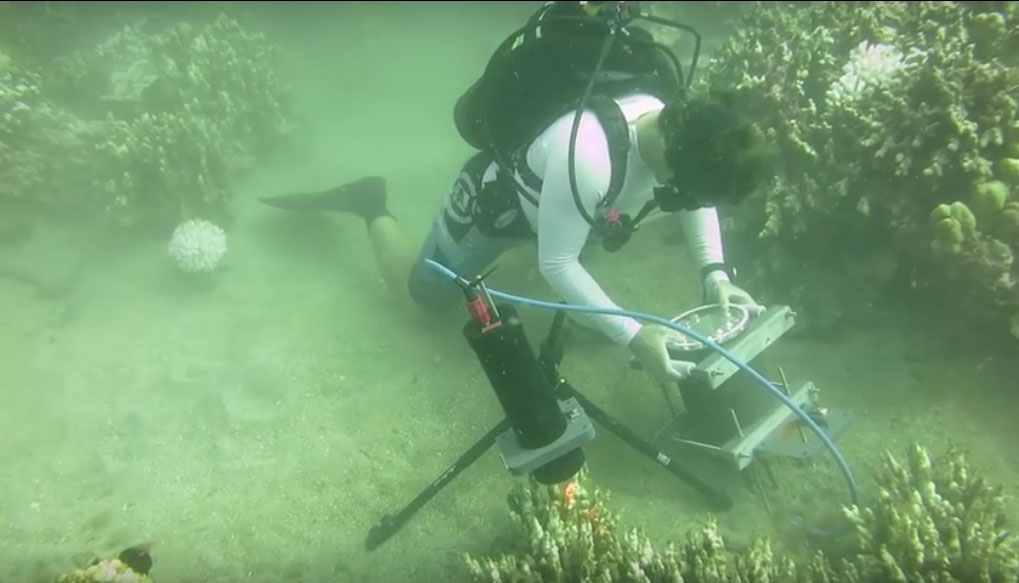
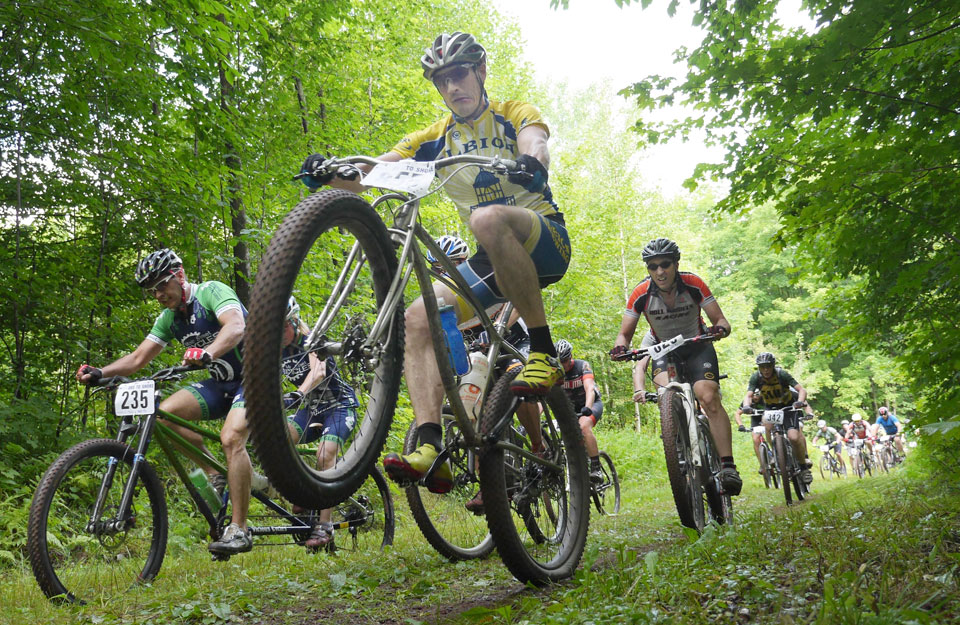
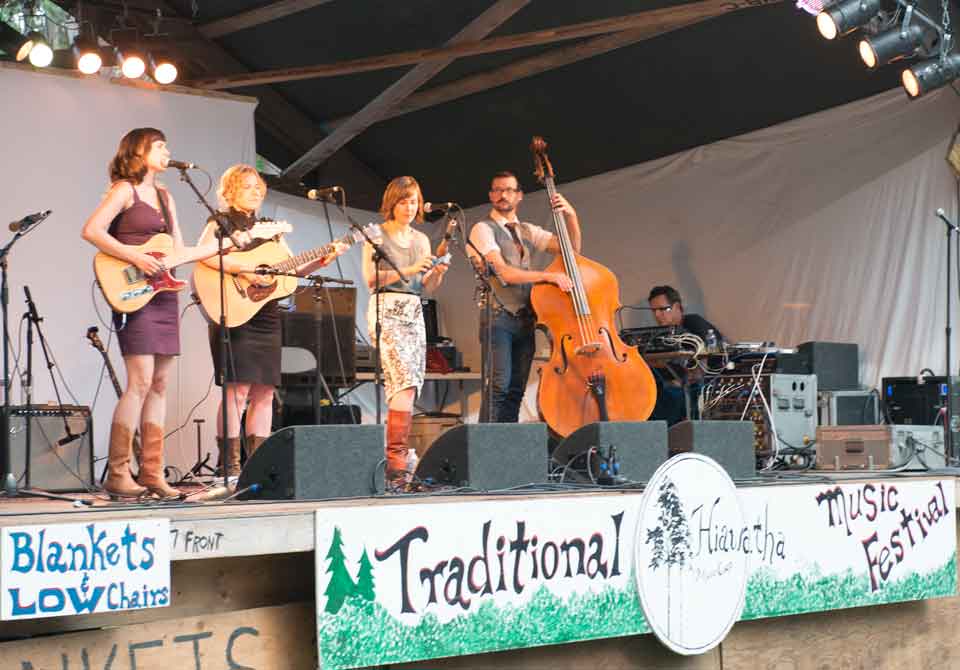
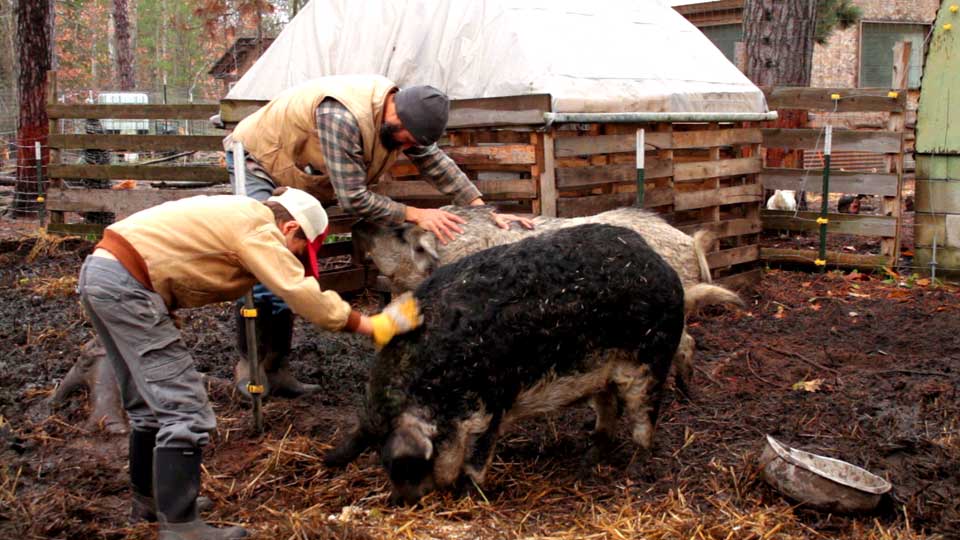

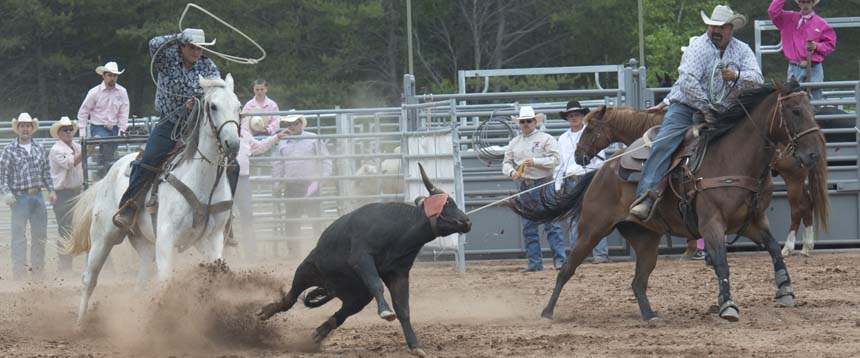
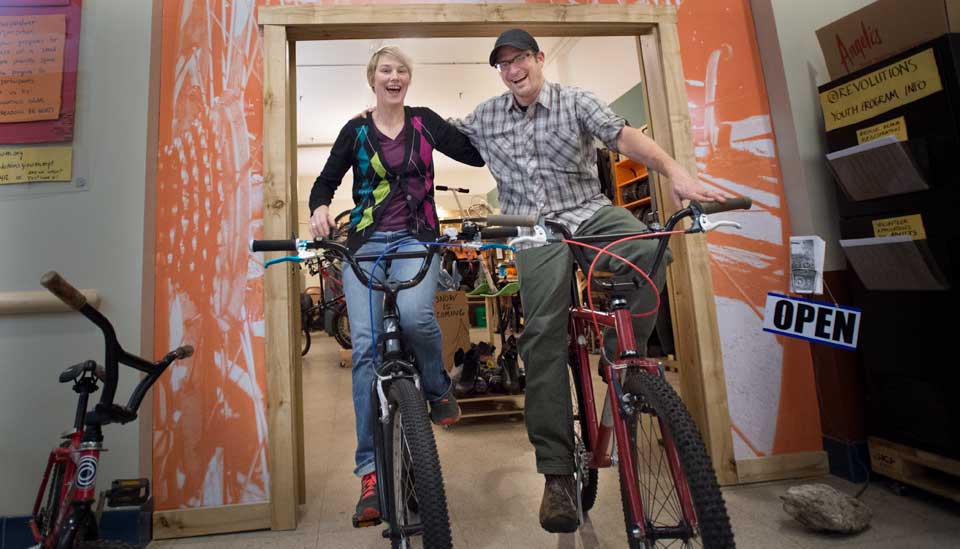
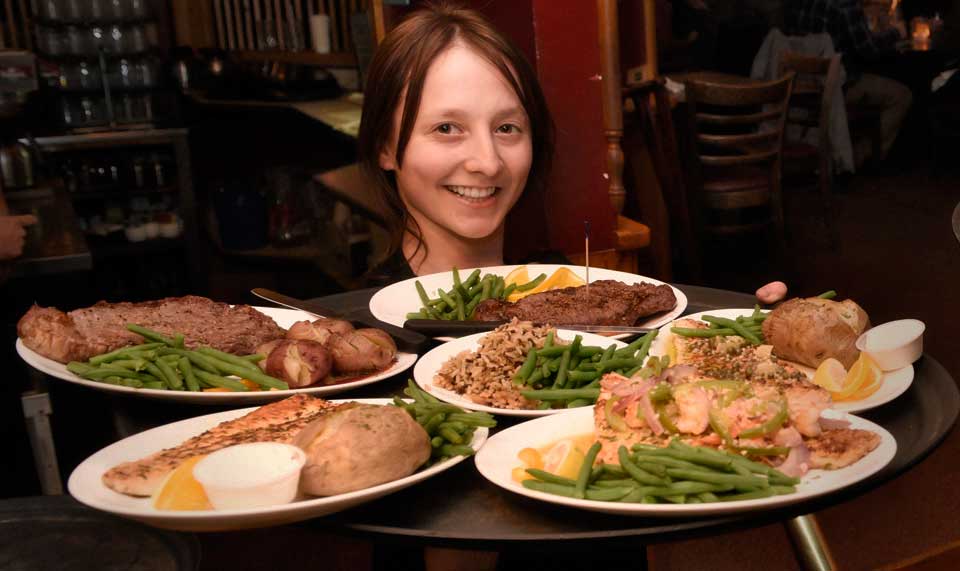
You must be logged in to post a comment Login